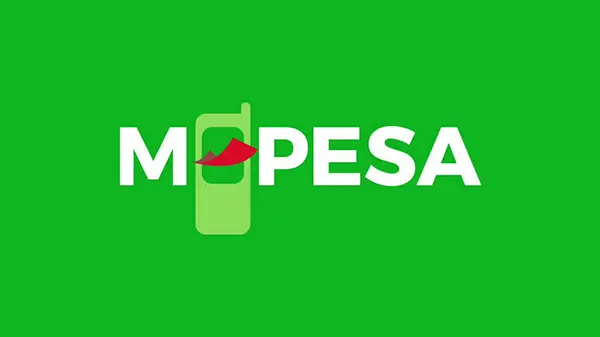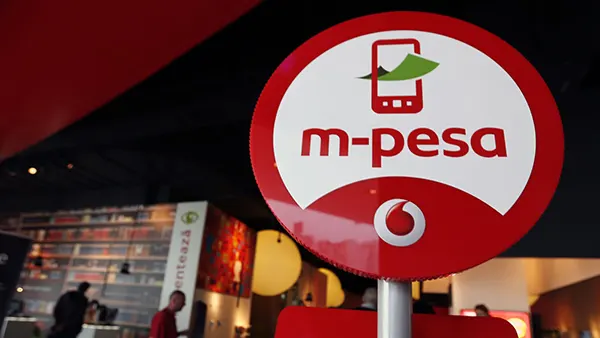
M-Pesa: Mobile Payments in East Africa for Online Betting
M-Pesa has transformed financial inclusion across East Africa, becoming a lifeline for millions of users who lack access to traditional banking. Introduced in Kenya by Safaricom in 2007, M-Pesa allows users to send and receive money, pay bills, and even place bets—all via mobile phones. With the rise of online betting in countries like Kenya, Tanzania, and Uganda, M-Pesa has emerged as the preferred payment solution due to its accessibility, security, and low transaction costs.
The Role of M-Pesa in Online Betting Transactions
The integration of M-Pesa into online betting platforms has allowed users to make deposits and withdrawals instantly. Players no longer need a bank account or physical visit to a shop to fund their betting activities. Instead, a few taps on a mobile phone are sufficient to manage betting funds securely.
Many licensed betting operators in Kenya, including Betika, Odibets, and SportPesa, have fully incorporated M-Pesa into their payment systems. This integration has made the betting experience smoother and safer for players who rely on mobile-first transactions. Additionally, operators benefit from reduced fraud risks and improved payment traceability.
Another advantage of using M-Pesa for betting is its ability to handle micro-transactions. Users can bet small amounts, making online gambling more accessible to low-income users who might otherwise avoid such platforms due to financial barriers or high banking fees.
Security and Regulation of M-Pesa Payments
M-Pesa’s structure provides built-in security measures such as PIN verification, SMS confirmations, and transaction records, which are essential for maintaining user trust. In the context of online betting, these features help users track spending and ensure that funds reach their intended destinations.
The Central Bank of Kenya and the Communications Authority closely monitor M-Pesa’s compliance with anti-money laundering (AML) and Know Your Customer (KYC) regulations. Licensed betting firms must register with the Betting Control and Licensing Board (BCLB) and follow strict financial conduct rules to retain M-Pesa access.
This oversight has contributed to building a relatively safe ecosystem for users, though issues such as underage gambling and addiction remain persistent concerns. Regulatory frameworks are evolving to include real-time monitoring and automatic betting limits through M-Pesa-linked accounts.
Impact on Financial Inclusion and the Betting Market
M-Pesa has dramatically improved financial inclusion across rural and urban areas. In regions where banking infrastructure is scarce, mobile money has become the primary mode of transaction. For bettors, this means they can engage with licensed operators without needing a bank account.
This accessibility has led to a rapid increase in the number of active users on betting sites. According to the Communications Authority of Kenya, mobile data penetration and mobile money usage both surged between 2020 and 2024, correlating with the growth of digital gambling services.
Despite this growth, the government has introduced responsible gambling initiatives in partnership with telecoms like Safaricom. These include self-exclusion tools, M-Pesa spend limits for gambling, and SMS alerts when users exceed recommended thresholds.
Demographics and Betting Behaviour Trends
Research indicates that the majority of M-Pesa-facilitated betting transactions come from users aged between 18 and 35. Many of them are students or casual workers using smartphones to access betting platforms during leisure time. The average bet size remains low, with many users wagering under KES 100 per session.
Daily and weekly betting cycles are common, driven by football matches, especially the English Premier League. SMS-based betting also plays a key role in regions with poor internet coverage, enabling continued participation through simple text commands linked to M-Pesa accounts.
There is also a noticeable gender gap. While men dominate the user base, there’s an increase in female participants, especially in urban areas, as mobile literacy improves and betting becomes socially normalised among young adults.

Technological and Policy Developments
To adapt to increasing user demand, betting companies have invested in improved integration with M-Pesa APIs. Faster payment confirmation times and automated wallet syncing now allow for near-instant betting and payout cycles. Some platforms even offer incentives for using M-Pesa, such as cashback or reduced fees.
Policymakers have responded with new regulations. Kenya’s BCLB now requires operators to submit transaction data regularly for oversight. Mobile network operators must also report suspicious transaction patterns, adding another layer of security for users and regulators alike.
Cross-border betting using M-Pesa is still limited due to regulatory barriers, though regional discussions are ongoing. Kenya, Tanzania, and Uganda are exploring agreements to harmonise betting laws, which could open the door for international M-Pesa betting interoperability in the near future.
Future of M-Pesa in the Betting Industry
As East Africa continues its digital transformation, M-Pesa is likely to remain central to online betting ecosystems. Its accessibility, low costs, and familiarity among users give it a major advantage over card-based and bank-linked systems.
Future developments may include AI-driven risk assessments, automated exclusion of problematic users, and enhanced parental controls. Integration with cryptocurrency wallets has also been discussed but remains speculative due to regulatory uncertainties.
Ultimately, M-Pesa’s continued evolution will depend on its ability to balance user demand, regulatory compliance, and technological innovation—while supporting responsible betting practices across East Africa.
